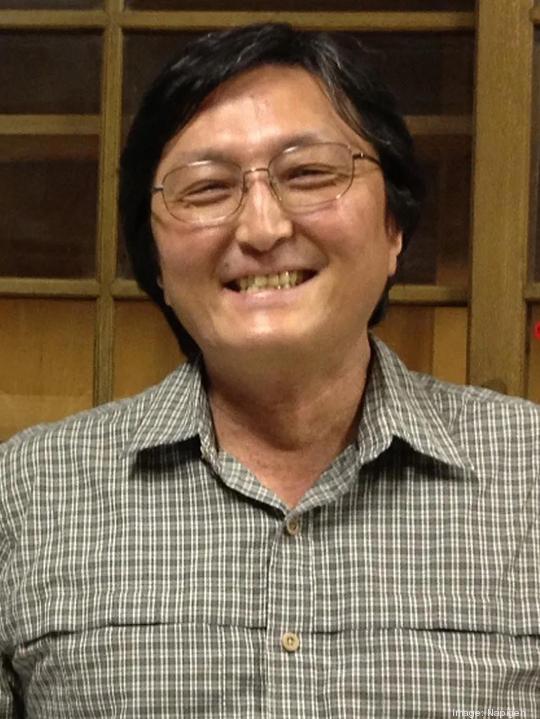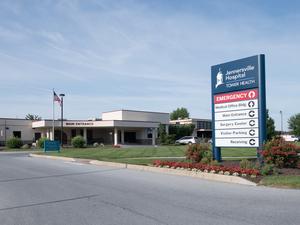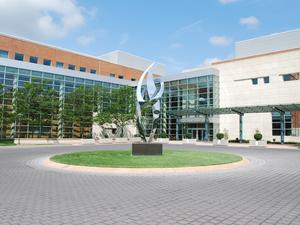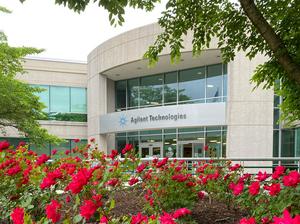
A Delaware-based biotech company specializing in gene editing has raised $7.85 million from a private stock sale.
Napigen's seed funding round was led by The Grantham Foundation and RA Capital Management, both of Boston. Breakout Labs/Thiel Foundation, Thrive SVG Ventures, MarsBio, and the United Mitochondrial Disease Foundation also participated in the financing.
The Wilmington company, founded in 2016, is developing proprietary technology initially to edit plant mitochondrial and chloroplast DNA. In plants, the mitochondria produces energy through cellular respiration while chloroplast converts light energy into chemical energy via the photosynthetic process. Together they create the energy cells need to grow.
Napigen plans to use the proceeds from the funding to apply its gene editing technology for hybrid seed production in wheat and rice. The company is also planning to use its technology to develop mitochondrial expression systems.
“We need much more grains than people can produce now to support the steep population growth, a situation that is being made worse by geopolitical conflicts,” said Dr. Hajime Sakai, Napigen's co-founder and CEO. “This can only be possible with breaking the biological yield limit of crop plants, which is exactly what we are aiming to do."

Sakai said crop yield increases benefit both agriculture and environmental protection by reducing the need for deforestation to create new farmland, and decreasing the use of agricultural chemicals.
Napigen believes its technology has broad applications in not only agriculture, but also in human and animal health care and industrial biotechnology.
The company has already demonstrated use of CRISPR technology in genome editing of organellar DNA in yeast and algae. CRISPR, an acronym for clustered regularly interspaced short palindromic repeats, is a gene-editing technique for inserting new genetic information into living cells to alter DNA sequences and modify gene function.
Before starting Napigen, Sakai spent nearly two decades in agricultural research and development at DuPont Pioneer, the agricultural unit of DowDupont that now operates as Corteva Agriscience in Indianapolis. The company's other co-founders are Jay Keasling, a Berkeley professor and entrepreneur; Roger Wyse, co-founder of Spruce Capital Partners; and Ganesh Kishore, managing partner at Spruce Capital and a former Monsanto executive.
Napigen operates out of offices in the DuPont Experimental Station in Wilmington.







